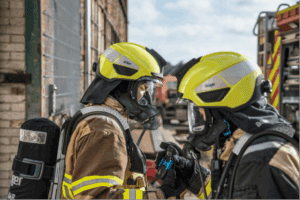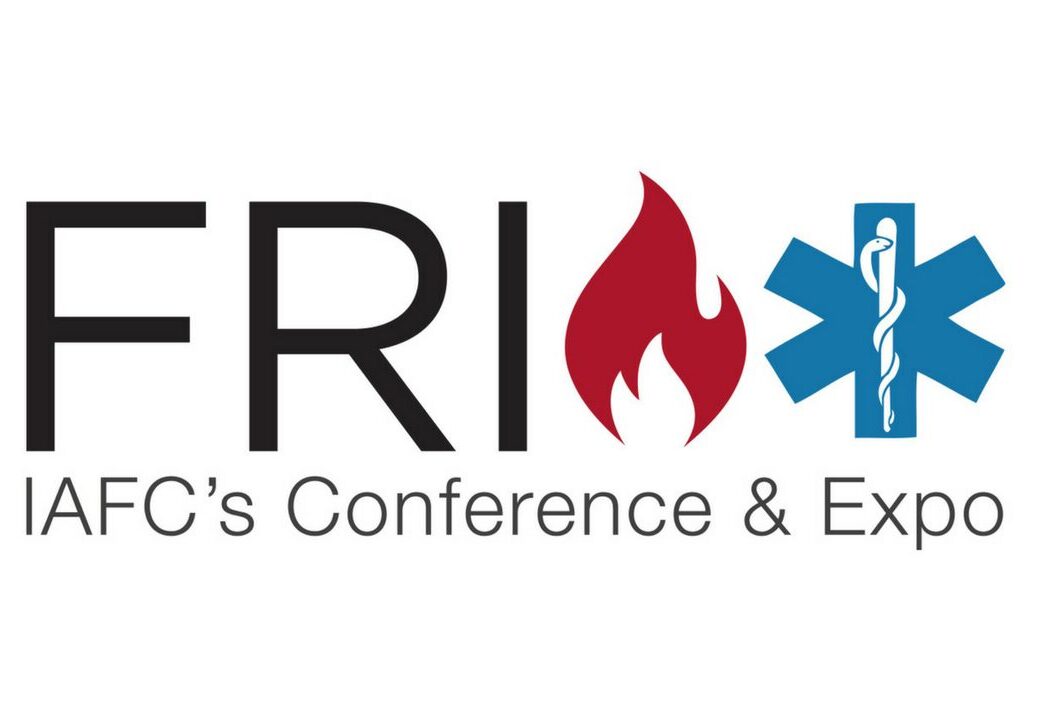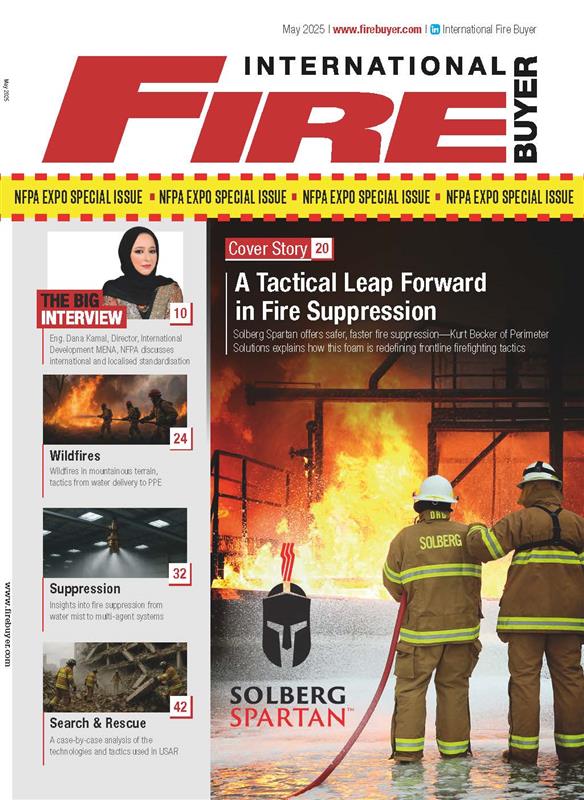From 1 October 2024, the London Fire Brigade will no longer attend activations from automatic fire alarms in most non-residential buildings, such as office blocks and industrial estates, during daytime hours (7am – 8:30pm). This policy shift places the responsibility of initial fire checks squarely on building managers and security personnel, raising concerns about fire safety and resource allocation in the private sector.
Assist Security Group (ASG), the operational security and risk management services provider, is warning building managers and security teams of the implications of these changes following the London Fire Brigade’s announcement.
Troy Hewitt, CEO of ASG said: “This new policy represents a big shift in fire safety responsibilities. Building managers and security teams are now expected to perform roles previously handled by fire services, creating additional pressure on already stretched resources. Organisations must reassess their fire safety protocols and ensure they have measures in place to protect their premises and occupants.”
The change mirrors similar policies by police services, where budget cuts have led to an increased reliance on private sector involvement in public safety matters. This trend raises questions about the long-term implications for public safety and the financial burden on businesses.
Key concerns arising from this policy change include:
- Increased responsibility for building managers and security teams to perform fire checks
- Potential understaffing issues, particularly in larger or more complex buildings
- The need for additional training and resources for security personnel
- Heightened vulnerability of tall buildings and vacant properties
- Potential increases in insurance premiums and liability concerns
The London Fire Brigade’s decision underscores the need for a proactive approach to fire safety in the private sector. Building owners and managers must now consider whether their current staffing levels are sufficient to ensure safety, particularly in high-risk environments such as tall buildings or vacant properties.
ASG emphasises that this policy change may require setting up mobile patrols, enhanced alarm response systems, or the deployment of dedicated fire wardens or security officers on-site. Security users need to be ready to navigate these new challenges and ensure fire safety, says Troy Hewitt.
As the private sector adapts to this significant shift in fire safety responsibility, ASG urges all stakeholders to prioritise comprehensive risk assessments and the development of robust fire safety strategies.
To read more, see our last issue here.
Never miss a story… Follow us on:
International Fire Buyer
@Firebuyer
Fire Buyer
Media Contact
Rebecca Spayne Managing Editor, International Fire Buyer
Tel: +44 (0) 1622 823 920
Email: [email protected]




































